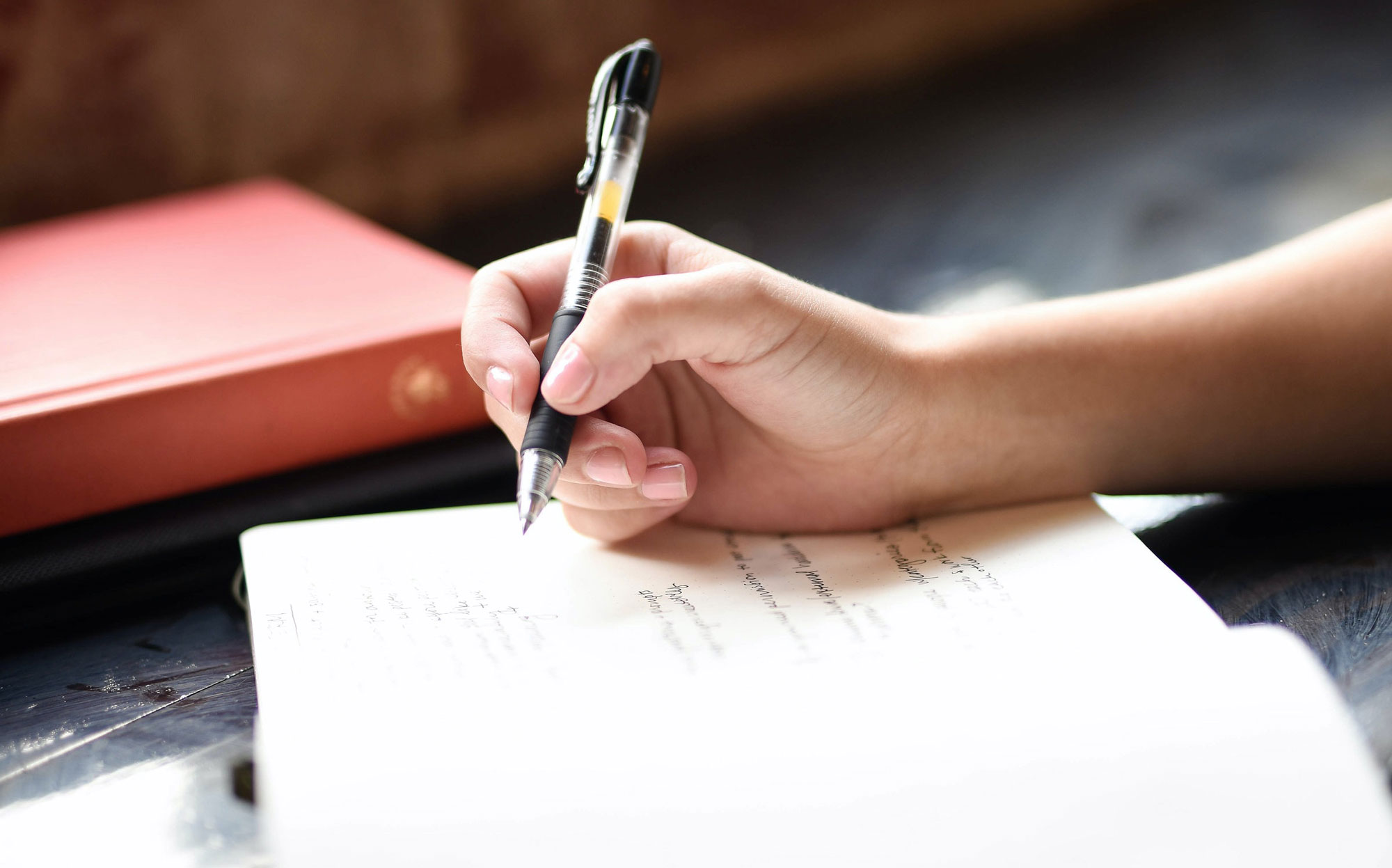Most of the time, when we sit down to write, we write with the intention of using the words that we produce. Whether we’re writing an email, a school essay, a business proposal, or a blog post, we’ve got a very specific goal in mind: inform a colleague, impress a teacher, persuade a client, educate a reader.
But what if you wrote without any intention of ever showing your words to the world? What if you wrote simply as a meditative exercise that can help you clear your mind, process your emotions, and tap into your creative potential?
That’s precisely what Julia Cameron recommends. Cameron is a poet, screenwriter, creativity coach, and author of 40 books, including The Miracle of Morning Pages: Everything You Always Wanted to Know About the Most Important Artist’s Way Tool, which has become a classic among creative professionals (“creators” is the term going around these days).
In her book, she introduces what she calls “morning pages”, a daily free-writing ritual that can help you sort through tough issues you might be tackling in your personal or professional life. “The morning pages are three pages of longhand writing, strictly stream-of-consciousness.”
Unlike talk therapy, which can also be highly effective at address mental health issues, but which comes with a cost that may not always be completely covered by your insurance provider, morning pages is a simple and completely free exercise that requires no technology beyond a few sheets of paper and a pen or pencil. In fact, Cameron strongly advises against using a computer to write morning pages.
In addition to writing by hand, she also suggests:
Write as soon as you wake.
Cameron recommends writing morning pages as early as possible, soon after you wake-up, and after you’ve had your morning brew. “As a coffee lover myself, I wouldn’t want to get in the way of your favorite pick-me-up.”
Just keep writing.
Write whatever comes to mind, however trivial it might seem. Just keep writing until you’ve filled three 8 1/2 x 11 inch pages, she advises. I try to fill three pages in a blue Moleskin notebook — not exactly the size of paper that Julia recommends. Use whatever size, thickness, or color of paper that feels right for you.
Don’t write to publish.
Don’t write with the expectation that you’ll use the material in a piece that you plan to publish. Write for yourself, and write without the inhibiting editorial voice in your head — the “Censor”, Cameron calls it — that tells you to cut this or that out of your writing.
“The morning pages are not supposed to sound smart — although sometimes they might. Most times they won’t, and nobody will ever know except you.”
(Small confession here: While I don’t write morning pages with the intention of ever publishing them, I have on at least one or two occasions felt compelled to edit and publish what I jotted down in my morning pages as blog posts).
Don’t show your morning pages to anyone.
Cameron strongly advises to keep your morning pages entirely to yourself: “Nobody is allowed to read your morning pages except you. And you shouldn’t even read them yourself for the first eight weeks or so. Just write three pages, and stick them into an envelope. Or write three pages in a spiral notebook and don’t leaf back through. Just write three pages…and write three more pages the next day.”
There’s an abundance of research that points to the positive mental health impact of journaling. Several studies have shown that consistently writing about your feelings can help decrease mental distress and mitigate depression.
“Morning pages,” Cameron writes, “clear the psychic debris standing between us and the day ahead. Done consistently, they will alter the trajectory of our lives.”
Have you written morning pages, or practiced another similar journaling exercise? Share your experiences in the comments.
